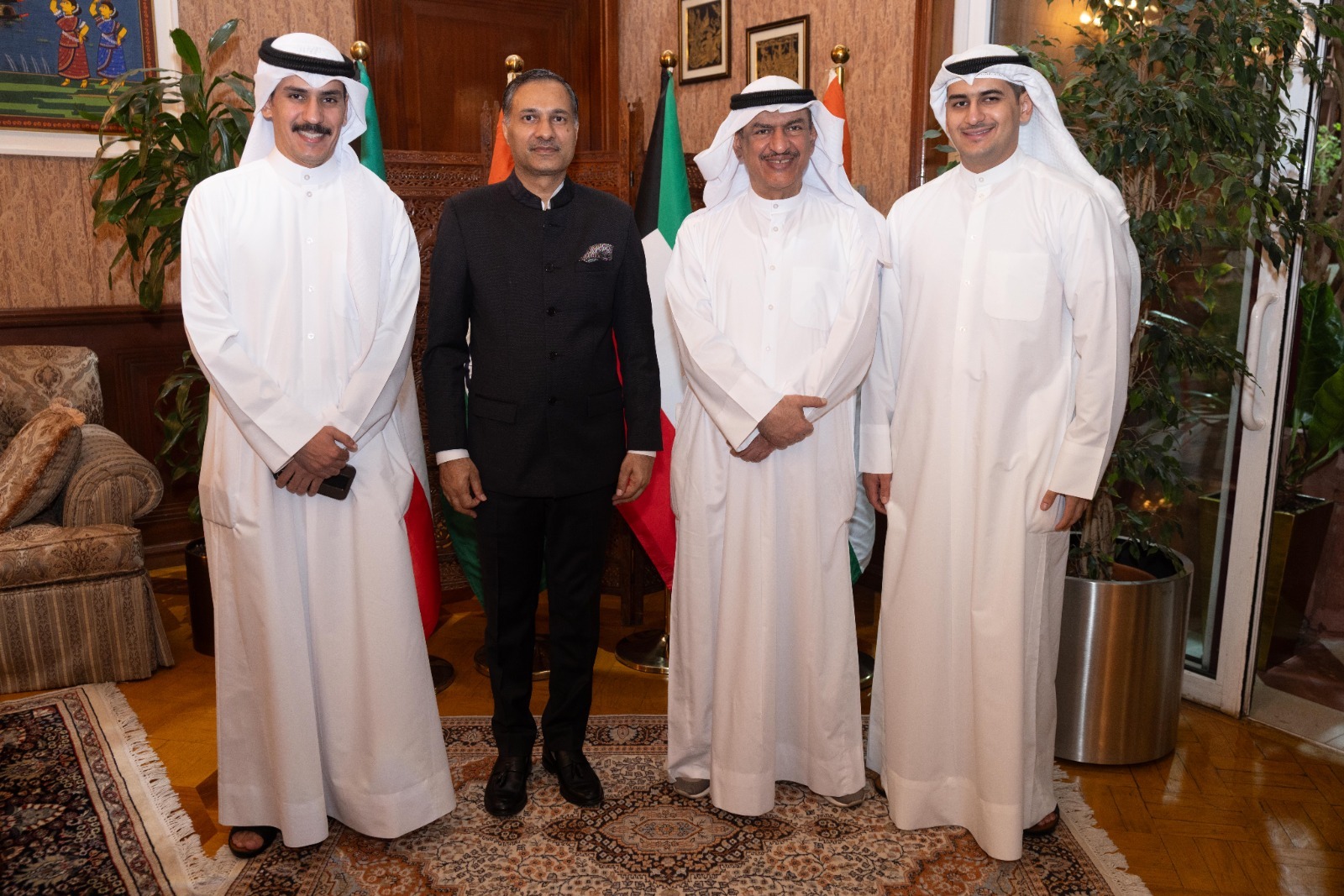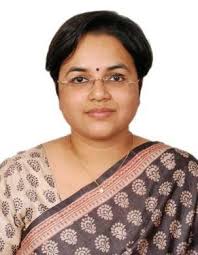By 2028, Kuwait libraries will be intelligent, with robots assisting patrons.
Smart, model public libraries are among the key aspirations of Kuwait’s development plan. Under the initiative titled “Developing Public Libraries into Smart Model Libraries and Investing in Them,” the project falls within the pillar of effective participation in the global community. According to Al Qabas newspaper, the project is in its preparatory phase with an allocated budget of KD 5 million.
Scheduled for completion in 2028, the initiative seeks to modernize and expand public libraries, positioning them as hubs within the knowledge economy and drivers of creative and cultural industries. It also aims to enhance Kuwait’s cultural infrastructure by upgrading existing facilities and adding new ones, while supporting the country’s broader strategic goals under Kuwait Vision 2035 to strengthen its global cultural and intellectual presence.
According to project data, the initiative seeks to transform public libraries into smart model libraries, comparable to leading global examples, capable of offering innovative interactive services powered by artificial intelligence. The plan also includes enriching them with traditional and digital information sources, enabling self-lending, and equipping facilities with robots to serve visitors.
The project has an investment component, using available spaces within library buildings to generate financial returns through partnerships with the private sector, thereby supporting sustainability and growth.
It aims to achieve 12 objectives, including developing and equipping 20 public libraries across six governorates, transforming them into smart model libraries and partially investing in them with private sector participation.
In addition, ten libraries will be developed and fully invested by entrepreneurs and private partners.
The project also seeks to provide 200 job opportunities in cultural fields, support the knowledge economy, and place 30 public libraries in Kuwait on the global map of libraries and cultural centers.
Key goals include equipping libraries with advanced technological infrastructure, such as computers, library management systems, artificial intelligence programs, smart screens, tablets, and self-lending stations, along with robots to assist users and provide information services.
The initiative also provides a diverse collection of modern digital resources and databases, mobile self-lending stations in malls and shopping centers, and vehicles functioning as mobile libraries to participate in community events.
Additionally, the project involves launching an electronic information platform for public libraries and the Kuwait Digital Library, while fostering new job opportunities and building partnerships with the private sector to strengthen the knowledge economy.










